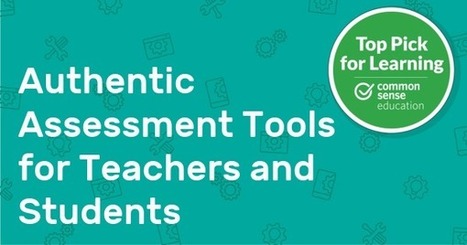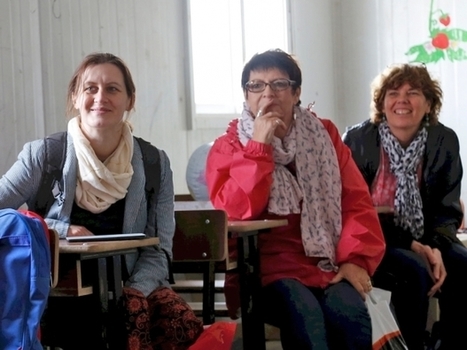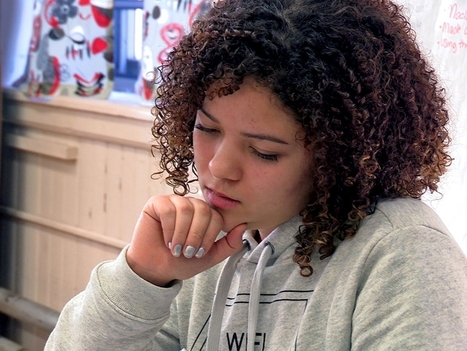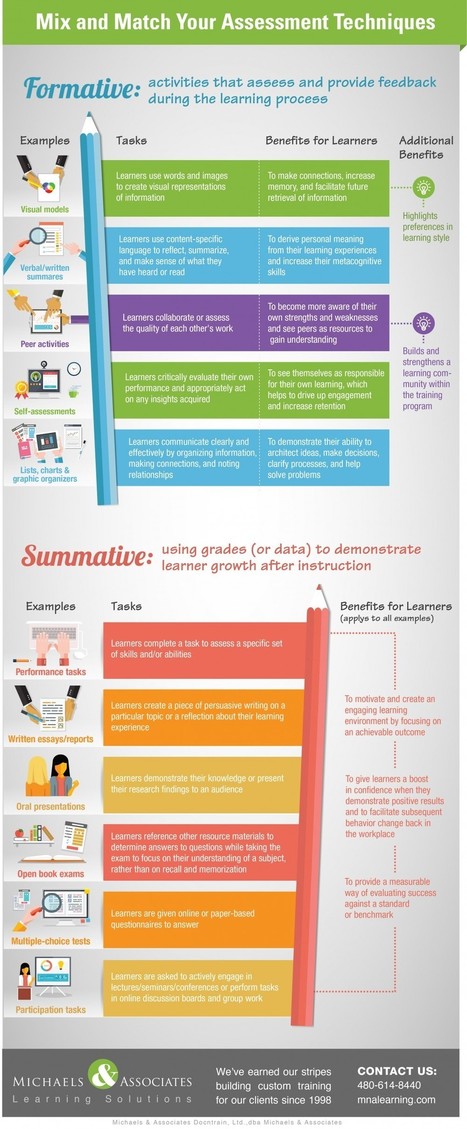Improve assessment with student-centered tools that promote real-world tasks. Explore this Authentic Assessment Tools for Teachers and Students Top Picks list of 17 tools curated by Common Sense Education editors to find relevant and engaging edtech solutions for your classroom.
Research and publish the best content.
Get Started for FREE
Sign up with Facebook Sign up with X
I don't have a Facebook or a X account
Already have an account: Login
Literacy in a digital education world and peripheral issues.
Curated by
Elizabeth E Charles
 Your new post is loading... Your new post is loading...
 Your new post is loading... Your new post is loading...

Nik Peachey's curator insight,
April 18, 2015 2:18 AM
Some nice suggestions, especially for k12 and younger. 
Anita Vance's curator insight,
April 20, 2015 8:56 AM
I like the idea of sharing and keeping a progression with a time for reflection...and the sketchbook for kids - their own book - how perfect. |
Diana Jonas-Dwyer's curator insight,
December 13, 2015 8:43 PM
Good summary of formative and summative assessments 
ManufacturingStories's curator insight,
December 14, 2015 11:21 AM
#Education #Assessment #Infographics 
Judih Weinstein Haggai's curator insight,
December 15, 2015 11:01 PM
I like this list of tasks - all seem valid and have tried most of them. Great to have them on this infographic |

































